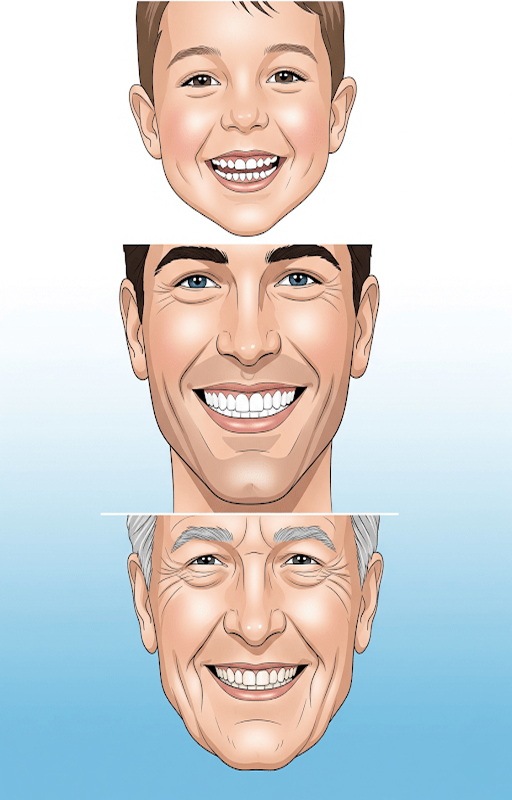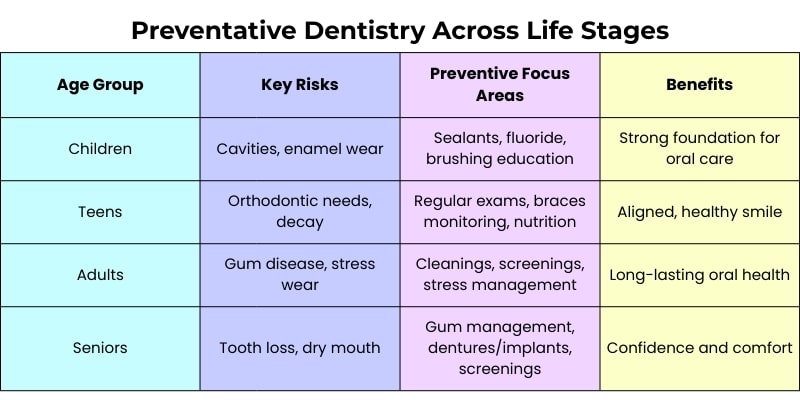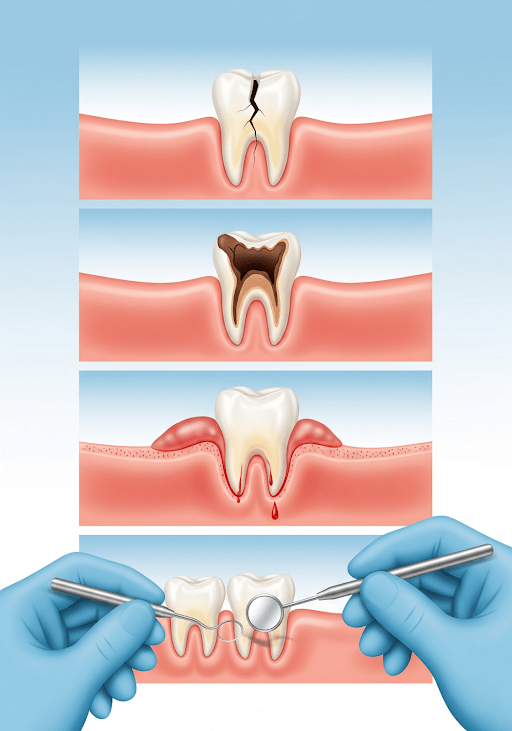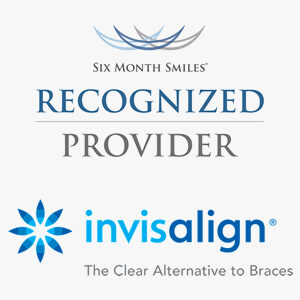A healthy smile is more than just attractive , it’s a reflection of overall well-being. Oral health is directly connected to the body’s health, and preventive care plays a critical role in keeping both strong. Preventative dentistry is the foundation of lifelong dental wellness, protecting children, teens, adults, and seniors from avoidable dental issues. By understanding what preventive care involves and how it evolves across different life stages, families can maintain confident, functional, and lasting smiles.
What Is Preventative Dentistry?
Preventative dentistry focuses on proactive steps to keep teeth and gums healthy rather than waiting for dental problems to arise. Instead of costly or invasive procedures later, this approach emphasizes early detection and consistent care.
Key components include:
- Regular dental checkups and cleanings
- Fluoride treatments and sealants
- Oral hygiene education
- Nutrition and lifestyle counseling
- Early detection of oral conditions
This approach prevents cavities, gum disease, enamel wear, and even systemic health issues linked to poor oral hygiene.
Why Preventative Dentistry Matters at Every Age
Preventive care isn’t a one-time effort; it evolves as we age. Teeth and gums face different challenges at different life stages. By tailoring care for each age group, dental professionals help ensure long-term oral health.
Childhood (Ages 1–12)
Children are highly vulnerable to cavities, especially as they learn brushing habits. Preventive strategies here focus on:
- Early dental visits by age one
- Dental sealants to protect molars
- Fluoride treatments for stronger enamel
- Education on brushing and flossing
Early habits ensure children grow up with fewer dental issues and less fear of the dentist.
Teenage Years (Ages 13–19)
Teens face unique challenges: orthodontic treatments, sugary diets, and sometimes inconsistent oral hygiene. Preventive care for this age group includes:
- Regular cleanings and exams
- Monitoring for wisdom teeth issues
- Orthodontic guidance
- Counseling on nutrition and oral hygiene

Adults (Ages 20–59)
For adults, prevention is about gum disease and tooth wear caused by stress, diet, or grinding. Preventive care focuses on:
- Routine checkups and deep cleanings
- Oral cancer screenings
- Stress management to reduce bruxism (teeth grinding)
- Guidance on restorative care if needed
Seniors (60+)
As we age, the risks of tooth loss, gum recession, and dry mouth increase. Preventive measures include:
- Managing gum health
- Replacement solutions like dental bridges, dentures, or implants
- Monitoring for oral cancer
- Addressing dry mouth due to medications
Core Benefits of Preventative Dentistry
The power of preventive care lies in its long-term impact.
Key Benefits:
- Reduces the risk of tooth decay and gum disease
- Lowers dental treatment costs over time
- Helps preserve natural teeth longer
- Supports overall health by reducing risks linked to oral infections
- Builds confidence with a brighter, healthier smile


Daily Preventive Practices That Make a Difference
Along with professional dental care, daily habits are the foundation of prevention.
- Brush twice daily with fluoride toothpaste
- Floss once a day to remove plaque
- Limit sugary snacks and drinks
- Stay hydrated to support saliva flow
- Avoid smoking and excessive alcohol
- Visit the dentist twice a year
The Connection Between Oral and Overall Health
Oral health is linked to conditions like heart disease, diabetes, and respiratory infections. Preventive care isn’t just about saving teeth — it’s about protecting overall wellness. A healthy mouth reduces inflammation and bacteria that can travel throughout the body.
Common Myths About Preventative Dentistry
- “I don’t need the dentist if I brush daily.” – Home care is essential, but professional cleanings remove plaque and tartar brushing can’t.
- “Children’s baby teeth don’t matter.” – Baby teeth guide permanent teeth into place. Ignoring them can cause long-term alignment issues.
- “Dental visits are painful.” – Modern techniques make preventive visits painless and comfortable.
When to Seek Preventive Care Immediately
Certain signs signal the need for immediate dental evaluation:
- Persistent bad breath
- Bleeding gums
- Tooth sensitivity
- Loose teeth
- Mouth sores that don’t heal
Addressing these early prevents major complications and helps maintain strong oral health at every stage of life.


